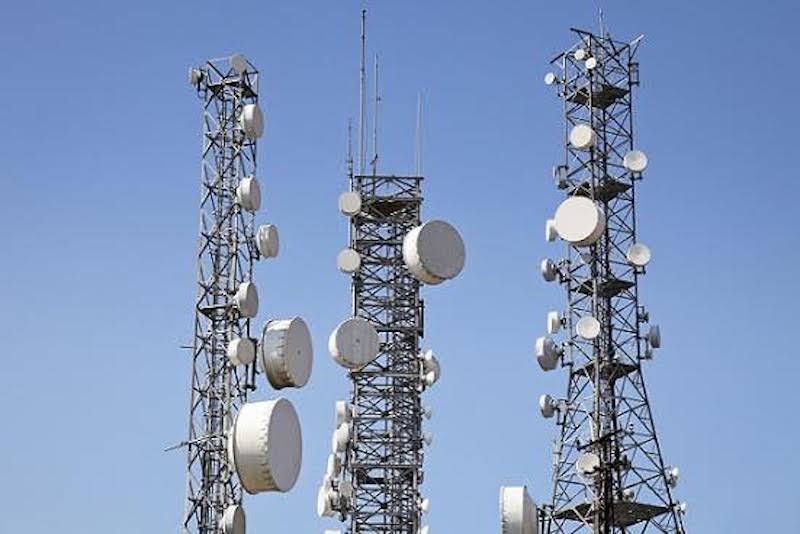
Nigeria’s Communications Commission (NCC) has issued a firm ultimatum to tower infrastructure companies, demanding they resolve persistent service failures by August 2025 or face severe penalties.
The directive underscores growing concerns over the stability of Nigeria’s telecom networks, crucial to the country’s digital economy.
Delivering the message at a high-profile summit in Abuja, NCC Executive Vice Chairman Dr. Aminu Maida addressed leading tower firms—including IHS Towers, American Tower Corporation (ATC), and Pan-African Towers—as well as major mobile operators like MTN and Airtel.
Chronic issues such as power outages, equipment breakdowns, and maintenance delays have sparked widespread consumer frustration, with frequent dropped calls and disrupted data sessions.
“Radios shut down during power cuts, causing failed connections,” an industry insider revealed, highlighting the impact on everyday users.
The NCC’s updated Quality of Service (QoS) Regulations, introduced in August 2024, now place direct responsibility on TowerCos for meeting technical performance standards.
This marks a shift from previous policies, which primarily targeted mobile operators.
Dr. Maida emphasized that financial disputes between TowerCos and mobile operators would no longer excuse poor service delivery.
“Performance expectations are non-negotiable,” he stated firmly.
To enhance oversight, the NCC has launched a Major Incident Reporting Portal requiring real-time disclosure of network disruptions.
Additionally, it plans to publish detailed performance dashboards monitoring compliance with key performance indicators (KPIs).
IHS Towers, which controls 62% of Nigeria’s telecom sites, along with ATC and Pan-African Towers, are under heightened scrutiny.
With mobile internet access pivotal to Nigeria’s socio-economic progress, the regulator warns that failure to meet standards by the August deadline could result in hefty fines, operational restrictions, or even license revocation.
As Nigeria accelerates its digital transformation, the NCC’s decisive stance signals a new era of accountability for the backbone of the nation’s telecommunications infrastructure.



